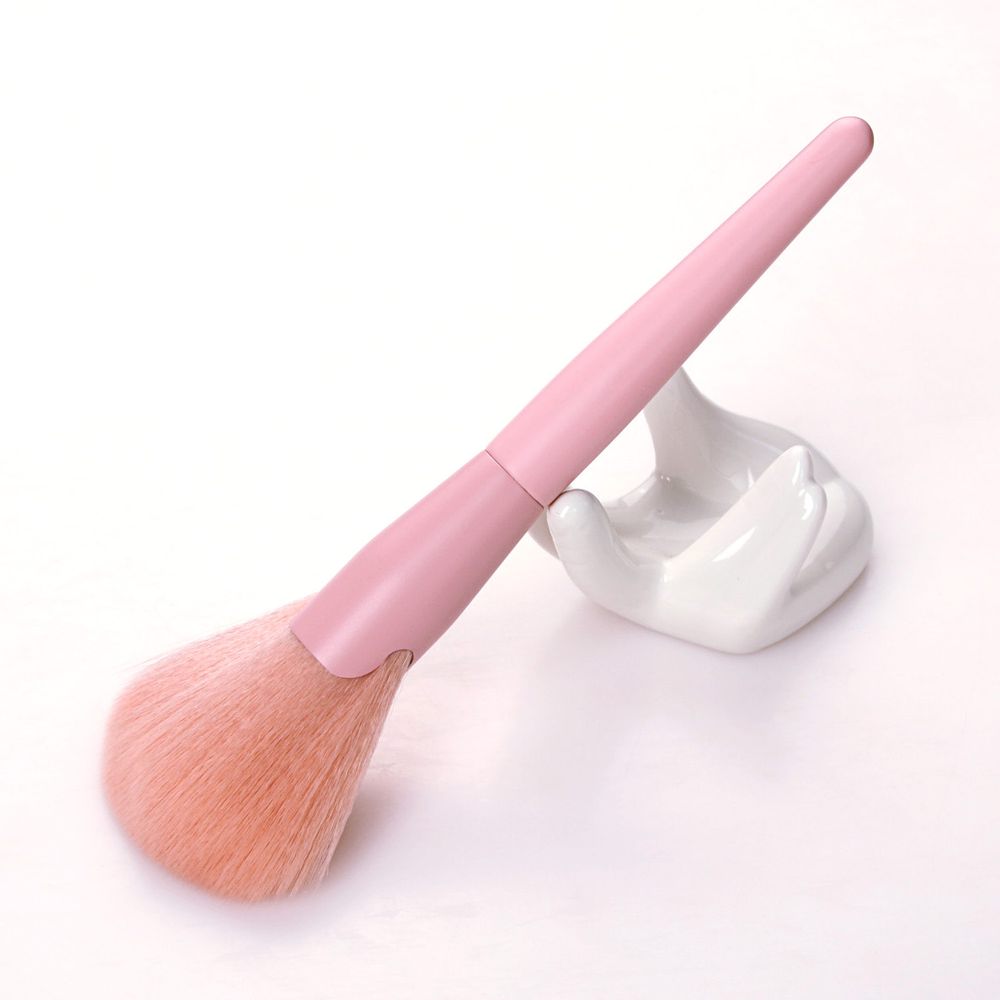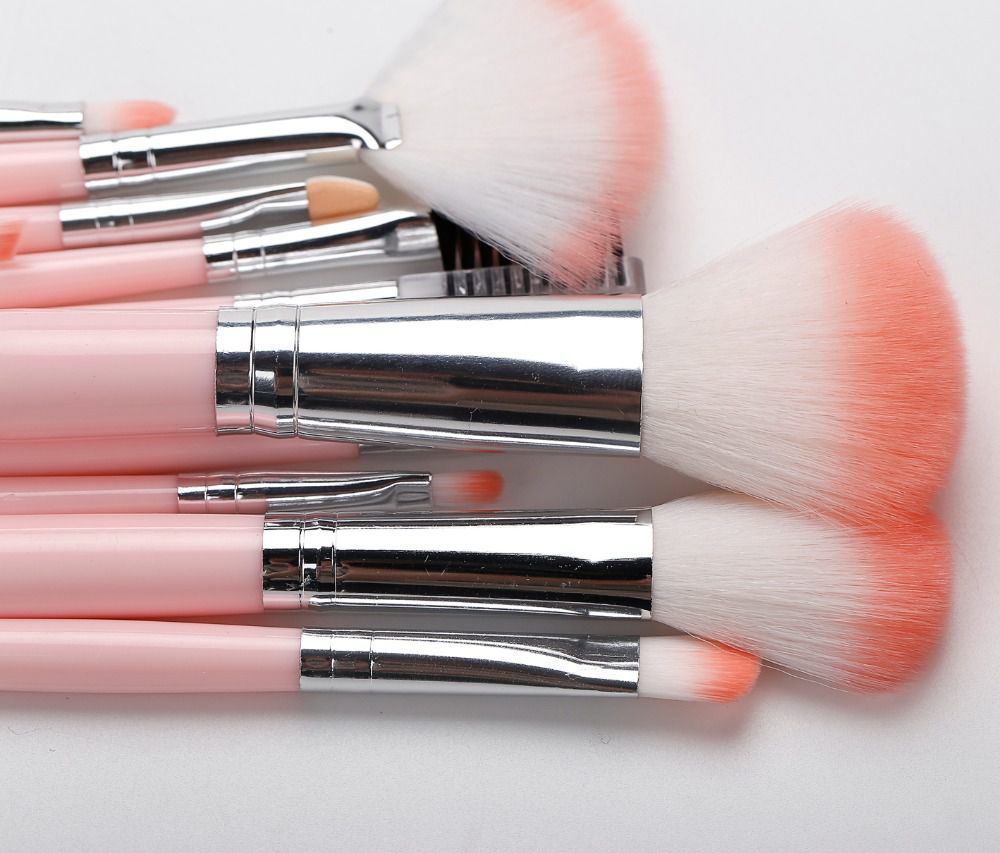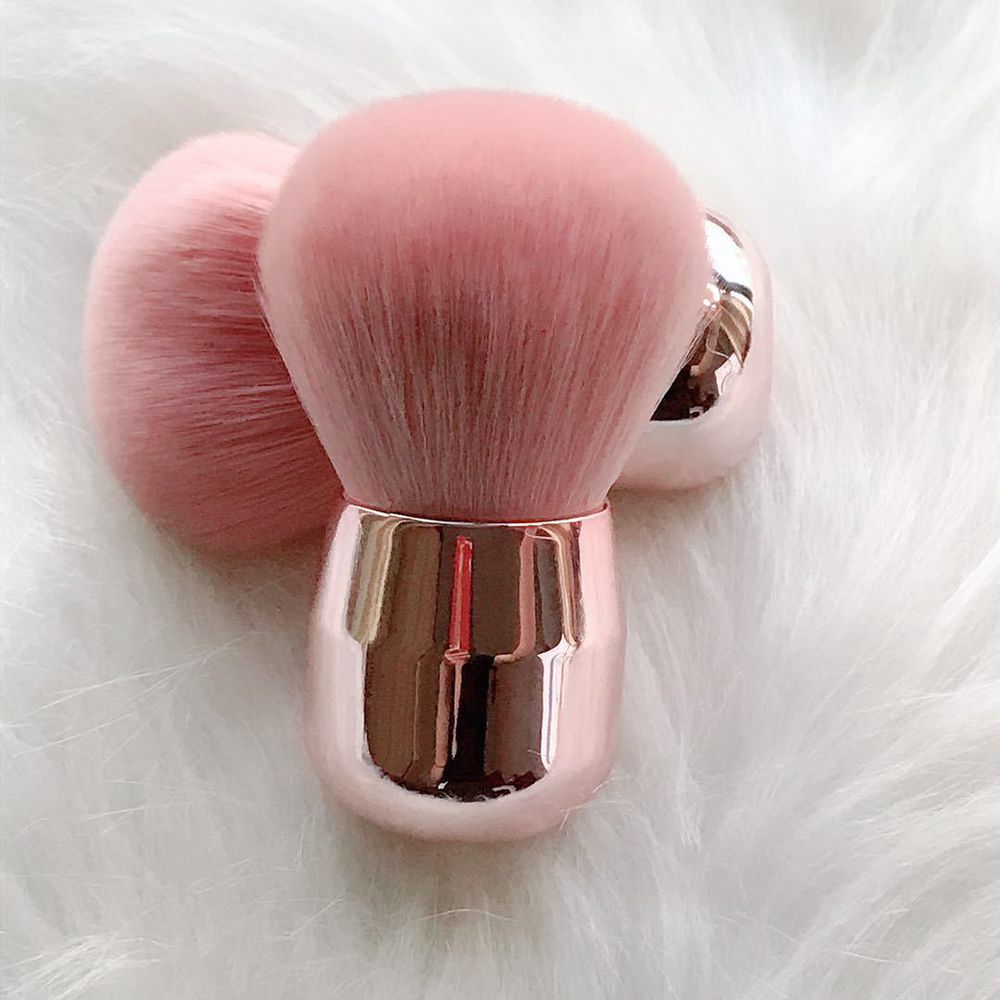Industry news
Sustainable Packaging Trends Impact Brush Industry: Recycled Bristle Packaging Gains Traction
- 813 Views
- 2025-09-23 01:32:00
Sustainable Packaging Trends Impact Brush Industry: Recycled Bristle Packaging Gains Traction
As global sustainability becomes a defining consumer and regulatory priority, the beauty industry—long criticized for excessive plastic use—is undergoing a packaging revolution. Within this shift, the makeup brush sector, a niche yet vital segment, is increasingly embracing sustainable solutions, with recycled bristle packaging emerging as a key trend reshaping production and consumer preferences.
The push for change is driven by dual pressures: consumer demand and regulatory action. A 2023 Nielsen report found that 73% of global consumers prioritize brands with eco-friendly packaging, while 65% are willing to pay a 10-15% premium for sustainable products. In parallel, policies like the EU’s Single-Use Plastics Directive (banning non-recyclable packaging by 2030) and California’s Extended Producer Responsibility (EPR) laws are forcing manufacturers to rethink traditional packaging models. For brush producers, this means moving beyond plastic-heavy blister packs and non-biodegradable boxes to materials that align with circular economy goals.
Recycled bristle packaging, in particular, addresses a unique challenge in the brush industry: balancing protection with sustainability. Traditional brush packaging often uses virgin plastic to shield delicate bristles during transit, but recycled alternatives—such as rPET (recycled polyethylene terephthalate), post-consumer recycled (PCR) plastics, or even recycled textile fibers—are proving viable. For instance, rPET, made from recycled plastic bottles, offers comparable durability to virgin plastic while reducing reliance on fossil fuels; a 2022 study by the Ellen MacArthur Foundation noted that using rPET cuts carbon emissions by up to 70% compared to virgin PET.

Technical innovations are further propelling adoption. Advanced recycling processes, including chemical depolymerization, now allow for the transformation of low-grade plastic waste into high-quality packaging materials suitable for brush products. Brands like EcoTools and Real Techniques have already integrated PCR plastic into their brush packaging, with EcoTools reporting a 22% sales uplift in 2023 after launching its “Recycled Bristle Shield” line, which uses 85% PCR plastic for brush cases.

Beyond materials, design is evolving to enhance sustainability. Minimalist packaging—reducing layers and eliminating unnecessary components—paired with recycled bristle holders (e.g., cardboard tubes lined with recycled felt) is gaining traction. Some manufacturers are even exploring “packaging as product” models: reusable brush rolls made from recycled denim or hemp, which double as storage solutions, reducing the need for single-use packaging entirely.
Market feedback suggests this shift is more than a trend—it’s a business imperative. A 2024 survey by Beauty Packaging Insights revealed that 81% of makeup brush brands plan to adopt recycled packaging by 2026, citing both consumer loyalty and cost savings from reduced material waste. Notably, smaller brands are leading innovation: indie label Brushworks, for example, uses mushroom mycelium packaging (a biodegradable alternative) for its premium brush sets, attracting eco-conscious millennial and Gen Z consumers.
Challenges remain, however. Cost barriers persist for small-scale producers, as recycled materials and advanced recycling technologies often come with higher upfront investments. Additionally, consumer education is critical: a 2023 YouGov poll found that 40% of consumers struggle to identify “recycled” packaging labels, highlighting the need for clearer messaging (e.g., “100% Recycled ” badges) to build trust.

Looking ahead, the trajectory is clear: recycled bristle packaging will not only become standard but will drive further innovation. As brands invest in closed-loop systems—collecting and recycling used brush packaging—and partner with material suppliers to scale recycled , the brush industry is poised to become a sustainability leader in beauty. For manufacturers, the message is unambiguous: in the age of conscious consumption, sustainable packaging isn’t just an option—it’s the key to staying competitive.











